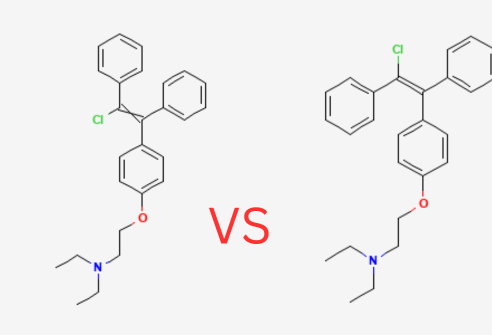Yes, studies show that Metformin can lead to lower testosterone levels. While it is primarily known for its role in improving insulin sensitivity and lowering blood glucose levels, understanding these effects is crucial for individuals using metformin and healthcare providers monitoring hormonal balance in patients.

Metformin and Testosterone in Men with Type 2 Diabetes
Recent studies have examined how metformin affects testosterone levels in men with type 2 diabetes. The results indicate a potential decrease in testosterone levels with metformin use, particularly in the short term.
- Short-Term Impact: A study found that short-term metformin use (one month) led to a decrease in serum testosterone levels in men with newly diagnosed T2DM. After one month of metformin therapy, these men had lower total, free, and bioavailable testosterone compared to those receiving insulin therapy alone.
- Extended Impact: Another study extending over three months confirmed that metformin therapy continued to lower testosterone levels in men with T2DM. This suggests that the decrease in testosterone is not merely a transient effect but may persist with continued treatment.
While metformin’s role in improving insulin sensitivity is beneficial for managing diabetes, its potential to lower testosterone raises questions about its long-term implications for men’s hormonal health. More research is needed to determine whether these changes are reversible and how they might impact overall well-being.
Metformin and Testosterone in Women with Polycystic Ovary Syndrome (PCOS)
PCOS is a common endocrine disorder in women that is often characterized by elevated androgen levels, including testosterone. Metformin is frequently prescribed for PCOS to improve insulin resistance, regulate menstrual cycles, and reduce symptoms of hyperandrogenism.
- Reduction of Hyperandrogenemia: Studies show that metformin treatment in women with PCOS can lead to a significant reduction in testosterone levels. This is beneficial for women experiencing symptoms of excessive androgens, such as acne, excessive hair growth, and irregular menstruation.
- Effects in Premenopausal Women: A study on premenopausal women with prediabetes also found that metformin use was associated with a significant decrease in total testosterone levels. This suggests that metformin’s ability to lower testosterone extends beyond just women with PCOS and may be relevant for those at risk of developing metabolic disorders.
For women with PCOS, the ability of metformin to reduce testosterone levels can be advantageous, helping to alleviate symptoms associated with androgen excess. However, individual responses may vary, and long-term effects require further exploration.
Mechanisms and Considerations
Understanding how metformin influences testosterone levels involves looking beyond its glucose-lowering effects. Research suggests that metformin’s impact on testosterone may be independent of its role in blood glucose regulation.
- Interaction with Insulin Therapy: In men with T2DM, initial intensive insulin therapy has been shown to increase testosterone levels by stabilizing glucose metabolism. However, when metformin is introduced after insulin therapy, it appears to counteract this increase, leading to lower testosterone levels.
- Variation Based on Individual Factors: The impact of metformin on testosterone may depend on factors such as baseline hormone levels, metabolic health, and the duration of treatment. Some men may experience a more pronounced decrease in testosterone, while others may see minimal changes.
- Potential Long-Term Effects: While short-term studies indicate a decline in testosterone levels, there is limited research on whether these effects persist with long-term metformin use or if the body adapts over time.
Individual Responses and Future Research
While the current body of research points toward a trend of metformin lowering testosterone levels, responses may vary widely between individuals. Some key considerations include:
- Men with T2DM: If a decrease in testosterone occurs, it is essential to monitor symptoms such as fatigue, reduced libido, and muscle loss. Healthcare providers may consider alternative diabetes management strategies if these side effects become problematic.
- Women with PCOS: Since high testosterone levels contribute to many of the symptoms of PCOS, the reduction in testosterone with metformin is generally beneficial. However, balancing hormone levels remains important for reproductive health.
- Need for Further Research: There is a need for more comprehensive, long-term studies to determine how metformin influences testosterone levels across different populations and whether these changes have significant clinical implications.
Conclusion
Metformin plays a crucial role in managing type 2 diabetes and PCOS, but its impact on testosterone levels is an area of ongoing research. In men with T2DM, studies suggest that metformin may lower testosterone levels, particularly in the short term. In contrast, for women with PCOS, metformin’s ability to reduce excess androgens can be beneficial.
Individual responses to metformin vary, and factors such as metabolic status, baseline hormone levels, and treatment duration may influence its effects on testosterone. While metformin remains a valuable tool for managing metabolic disorders, healthcare providers should be mindful of potential hormonal changes and monitor patients accordingly. Further research is necessary to fully understand the long-term implications of metformin on testosterone regulation and overall hormonal health.


